Accueil » Cours & Conférences » Global View on Petrochemicals Economics
Global View on Petrochemicals Economics
Synthesis
Day 1 :INTRODUCTION, SCOPE OF PETROCHEMICALSA. Safety first. Short introduction to risk management and sustainable development
B. Main definitions. Economic importance of petrochemicals within world of energy. World petrochemicals mass balance
C. Upstream of petrochemicals. Quick review of refining. Search for increased refining margin -> more conversion units and more synergy with petrochemicals
D. Kick-off of a mini-project: “analysis of the root causes of a major accident from a management point of view”
Day 2 :
PETROCHEMICALS. ZOOM ON BASE CHEMICALS
A. Raw material supply from oil, gas or coal industry
B. Olefins production. Main sources, markets and producers. Steam crackers. Benchmarking. Revolution of development of ethane feedstock. New routes to propylene. Influence of shale gas development
C. Aromatics. Main sources, markets and producers. Bz, PX. Example: “2nd generation” monomer: styrene. Constant process optimization for energy savings and competitiveness
D. Syngas bright future. New feedstock for base chemicals
Day 3 :
PETROCHEMICALS. ZOOM ON POLYMERS
A. Definitions. History. Reasons behind the astonishing diversity, adaptability and growth rate of polymers, samples
B. Pricing mechanisms. Why such wild/wide fluctuations? Example of PS/PP competition
C. Main characteristics and main markets for polyethylene, polypropylene, PVC, PS and PET
D. Polymers and environment. Do you like plastics?
E. Review of students work on mini safety project
Day 4 :
PROJECT MANAGEMENT IN PETROCHEMICALS
A. Relative development costs and durations of various phases of a project, from R&D to beneficial operation
B. Intellectual property/misunderstood facts about patents. Technology scouting. Competitive intelligence
C. High cost of R&D. Technical cooperation with peers, customers, J.V.S. Licensing in and out; terms of agreement
D. Project scope definition and optimization. Stage/gate system. Concurrent vs sequential engineering
E. Economic analysis. Investment cost estimate (ISBL, OSBL, running capital). Future margin prediction. Pay-out time
Small exam (multiple choice)
Day 5 :
CONCLUSIONS
A. Safety mini-project final presentation by students and discussion
B. Presentation of a real case of investment feasibility study: “new polymer plant in an Asian country”
C. Methodology of project development. Presentation of various jobs for engineers in the petrochemical industry
D. Conclusions. Summary of the most important points covered during the week
Diploma ceremony

